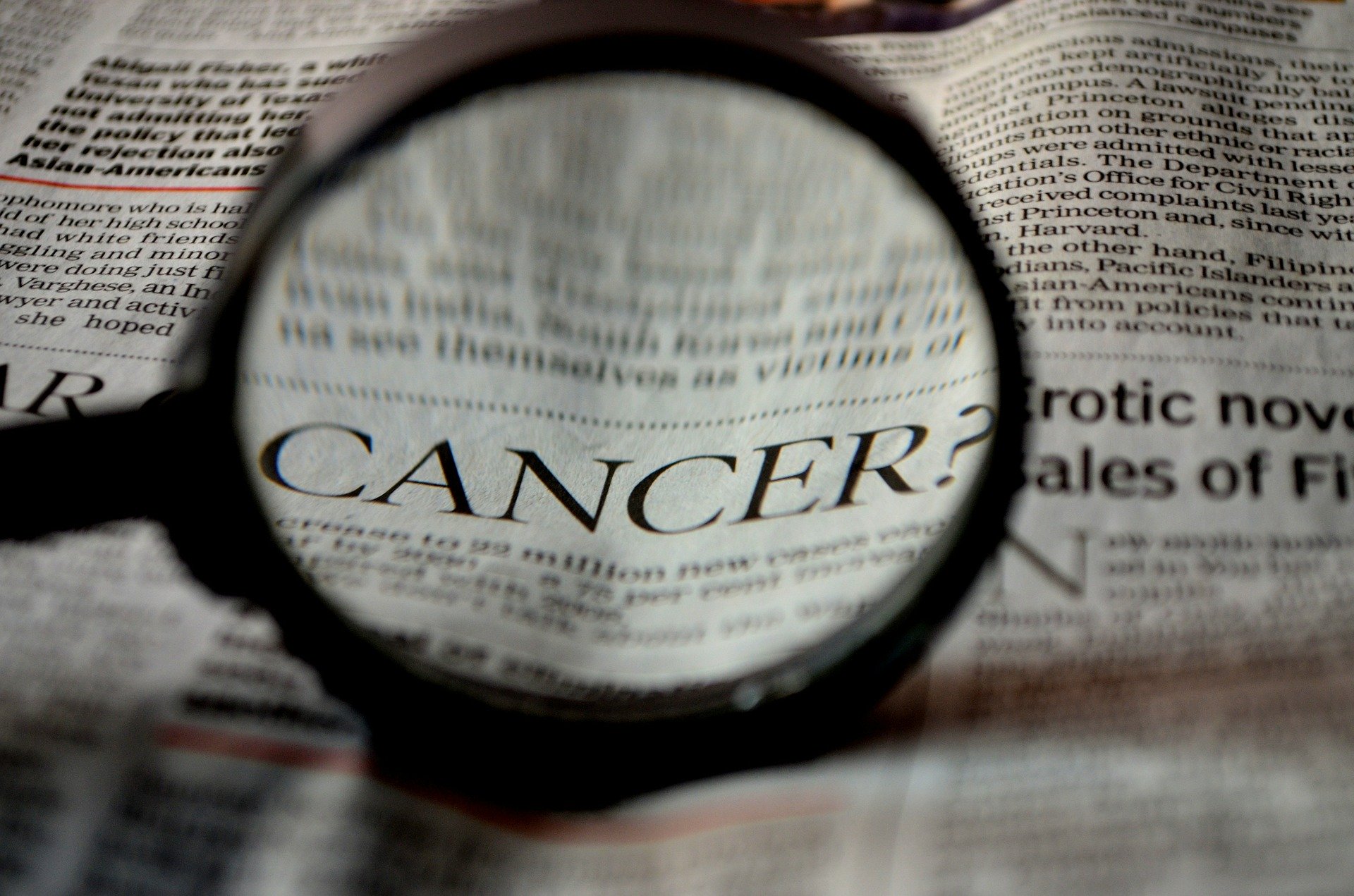
31 Mar Cancer Care Guide: Support, Resources, and Caregiving in Philadelphia
Understand important cancer statistics and find out ways to prevent cancer plus resources for cancer survivors and caregivers.
A suspicious lump, nagging cough, or skin mole may be nothing more than an unfounded health concern or unsightly cosmetic condition. For many millions of people, however, these changes within the body are a warning sign or symptom of cancer. Cancer has a huge impact on societies here in America and around the world. Worldwide, it is the second-leading cause of death. In the United States, there were over 1.7 million new diagnoses of cancer in 2018 and over 600,000 deaths.
Preventing and beating cancer
Between 1991 and 2015, the overall death rate of cancer in the United States fell by 26 percent. This is encouraging as there is a subsequent increase in cancer survivors. However, the total number of cancer cases continues to rise. There will be over 23 million cancer cases per year around the world by 2030. Even for those that get cancer, detecting it early and prevention steps are crucial. To stop the trends of increasing cancer rates, every individual is encouraged to make healthy lifestyle choices and take steps that can lead to early detection in cases.
As is true with many conditions and diagnoses age is a major risk factor for cancer. The following are steps that seniors and their loved ones can take to help prevent fight cancer and its devastating effects:
Early detection through screening.
Routine cancer screenings can help uncover cancer in individuals that do not show symptoms. Be proactive about getting screening tests to give you the best chances for beating cancer. This is because when tumors and cancers are small they are less likely to have spread, or metastasized, to other parts of the body. The American Cancer Society encourages the following screening tests for certain cancers based on both gender and age for individuals over the age of 50:
- Men – colon, lung, and prostate
- Women – breast, colon, cervical, and lung
It is important to discuss with your physician about your health history, genetic risk, and other risks that may lead to a greater risk for cancer to identify areas of concern to monitor.
Be conscious about living healthy.
There are some things we can and cannot control as it relates to our risk of getting cancer. Everything from the air we breathe, the food we consume, and our inherited genes contribute to our likelihood of getting cancer.Many of the factors that contribute to cancer are related to lifestyle factors and our personal choices. As a result, we have some control over these factors by making smarter decisions and taking proactive steps. We can minimize the effects of these elements, and maximize our chances of maintaining good health and live a long and happy life. The four main contributors are tobacco, alcohol, obesity, and diet. Therefore, we can help limit cancer risks by avoiding smoking and second-hand smoke, moderating alcohol intake, regularly exercising, and maintaining a healthy weight throughout our lives. Consuming more plant-based foods in our diets can also lift our body’s immunity to certain cancers. Read about ways to lose weight here. Additional cancer preventative measures involve wearing sunscreen regularly plus reducing our skin’s exposure to ultraviolet (UV) radiation.
Utilize professional support for cancer recovery at home.
The comforts of home are often very important for cancer patients. Both during or after cancer treatment, you or a loved one could benefit from an at-home care team. Often, these include physical therapy, dietician services, occupational therapy, professional caregiver, nurses, and home health aide.
Chosen Family Home Care, for example, is a leading home care agency that offers skilled and supportive caregivers to assist with activities of daily living like dressing, bathing, cooking, medication reminders and accompaniment to appointments. Respite care is another service available to family caregivers that may need a break on occasion during their loved one’s course of cancer care.
Link with local and national cancer resources plus support groups.
A variety of support groups and resources are available across the nation and here in Philadelphia, Pennsylvania for cancer patients and their loved ones. They can help with emotional, financial, and spiritual support along the way on this challenging journey:
- The American Cancer Society, www.cancer.org, 1-800-227-2345
- Cancer Care, www.cancercare.org, 1-800-813-HOPE (4673)
- Fox Chase Cancer Support Groups, https://www.foxchase.org/support/counseling-support/support-groups, 1-888-FOX-CHASE
- Cancer Net (American Society of Clinical Oncology), https://www.cancer.net, 888-651-3038
- Cancer Support Community of Greater Philadelphia, https://cancersupportphiladelphia.org/
- Pennsylvania Breast Cancer Coalition, https://www.pabreastcancer.org/, 800-377-8828
- The National Cancer Institute, https://www.cancer.gov/resources-for, 1-800-4-CANCER
- The U.S. Administration on Aging, www.eldercare.gov, 1-800-677-1116
- Penn Medicine Abramson Cancer Center Support Groups and Workshops, https://www.pennmedicine.org/cancer/navigating-cancer-care/support-services/support-groups-and-workshops, 1-800-789-7366
- The Susan G. Komen Breast Cancer Foundation, https://ww5.komen.org/BreastCancer/SupportGroups.html, 1-877-GO-KOMEN (1-877-465-6636)
- Cancer Support and Welcome Center at Jefferson, https://hospitals.jefferson.edu/find-a-location/locations/cancer-support-and-welcome-center.html, 1-800-JEFF-NOW
- The United Way, www.liveunited.org, check your local phone listing
Seniors with cancer often need assistance with daily activities to age in the comfort of their homes. Read our insights for more tips to help your senior loved one maintain a higher quality of life. Several of our recent articles include health tips and guides like the best foods to buy organic, understanding and preventing strokes in seniors, and dental health risks in seniors.
Aging adults who need help around the house, accompaniment to medical appointments and social events, and assistance with exercise can benefit from having an in-home support provider. Seniors can enjoy greater independence and receive regular stimulation when relying on a trusted caregiver who is trained in different aspects of elder care.

1 Comment